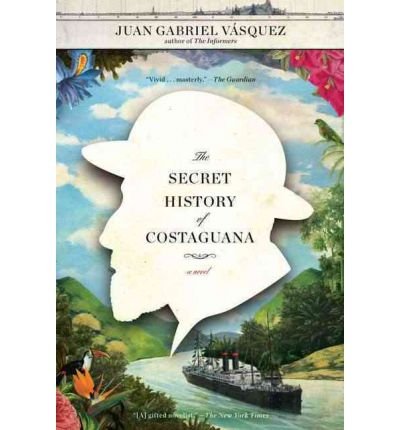The Secret History of Costaguana
Growing up during France’s disastrous attempt to construct a canal across Panama, José Altamirano’s young life is shaped by the business, politics, disease, and warfare associated with the project. Years later, however, his life becomes a quest to reclaim the life he feels he lost after telling his story to Joseph Conrad, who incorporates Altamirano’s experiences into his novel, Nostromo, set in the fictional South American country of Costaguana. “I disappeared from history by magic,” Altamirano writes.
Altamirano’s first-person narration is steeped in cynicism about historical truth. His parents tell different stories about his conception, his mother celebrates his birthday on three different days, and his father writes propaganda about the progress of the canal. In addition, Altamirano watches battling political factions in his country spin ideas and events to their version of the truth. Even Joseph Conrad has spun the truth of his early years to cover up a suicide attempt and now as a writer makes “a profitable profession out of lying.” Altamirano learns that the truth is simply what one person writes and others accept. It is not magic, but the writing of an alternative version of events that has made him disappear, and so The Secret History of Costaguana is Altamirano’s attempt to write himself back into history. This novel is an intellectual treat that asks the reader to consider the ethics of writing, civil revolution, and the building of the Panama Canal.










